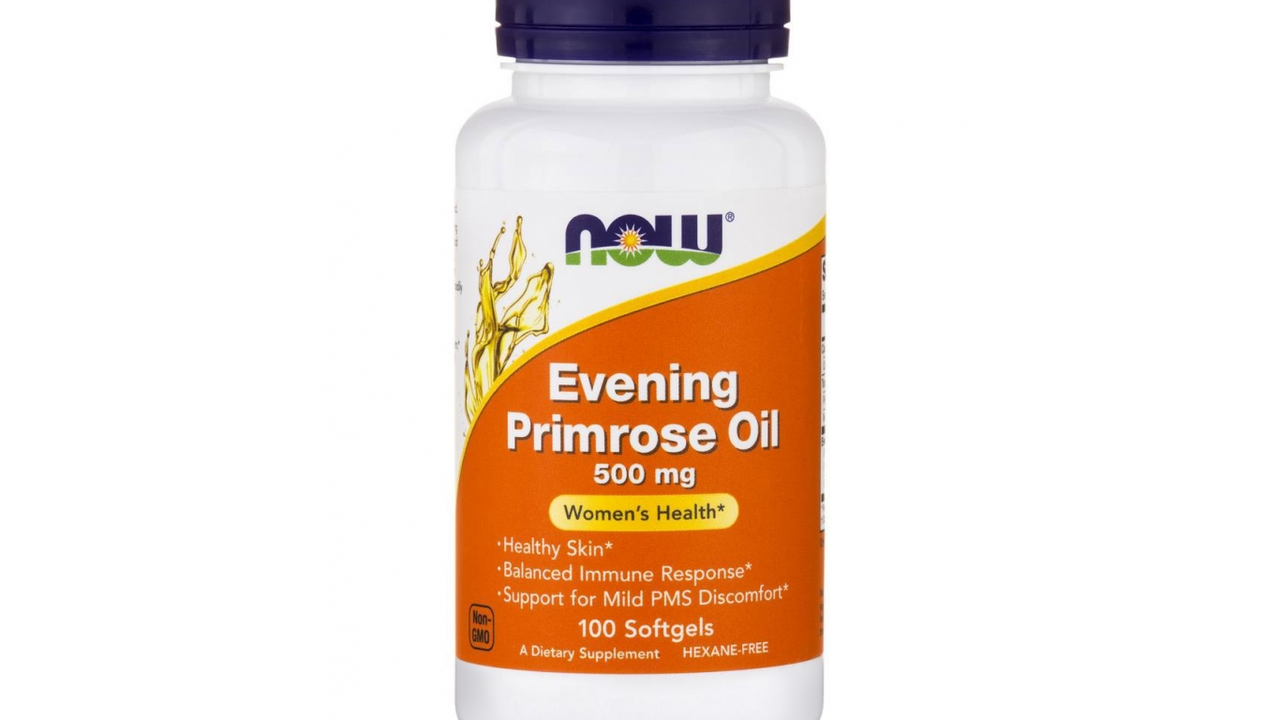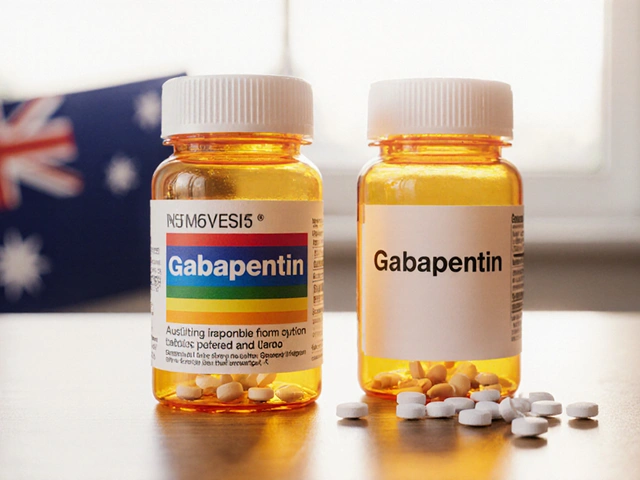Rhodiola: Benefits, Dosage, and How to Choose a Good Supplement
Rhodiola is an adaptogenic herb used to fight fatigue, improve focus, and help the body handle stress. If you feel mentally drained or worn out after long days, rhodiola can be a simple tool to try. People use it for work burnout, exam stress, travel jet lag, and mild low mood.
Benefits and Uses
Randomized trials have shown rhodiola can reduce fatigue and boost mental performance in people under stress. It is most often studied for tiredness, cognitive speed, and temporary low mood. Athletes sometimes use rhodiola to support endurance and recovery, but effects vary. Think of it as a short-term pick-me-up rather than a cure-all.
How to Use Rhodiola Safely
Common dosing for standardized Rhodiola rosea extracts is 200 to 400 mg per day, with a typical standardization of 3% rosavins and 1% salidroside. Many people take one dose in the morning and, if needed, a second dose at noon. Avoid taking rhodiola late in the day because it can cause mild insomnia for some users. A practical approach is to start at 100 to 200 mg daily for a week, then increase if you need more effect.
Rhodiola is usually taken for several weeks to test its effect. A common pattern is two to three months on, followed by a one to two week break. Track your sleep, mood, and energy while trying it, so you know whether it helps you.
Side effects are generally mild: headache, dry mouth, jitteriness, and trouble sleeping. Less commonly people report increased heart rate or blood pressure; if you have heart issues, high blood pressure, or are on stimulant medication, check with a clinician first. Don’t mix rhodiola with MAO inhibitors and be cautious if you take antidepressants — discuss it with your prescriber.
Choosing a supplement matters. Look for products that list rosavins and salidroside and show third-party testing or a certificate of analysis. Prefer brands that state the plant part used (root) and give exact dosing per capsule. Avoid vague labels that only list “rhodiola extract” with no standardization.
Rhodiola comes as capsules, tablets, and liquid extracts. Capsules are easiest for consistent dosing; liquid drops let you adjust amounts but read labels carefully. Store supplements in a cool, dry place away from sunlight. Keep rhodiola out of reach of children. If you are pregnant, breastfeeding, or trying to conceive, avoid rhodiola unless your doctor says it’s okay. Also tell your doctor about any herbal products you take because supplements can change how prescription drugs work or affect lab tests during medical exams. Save labels and purchase receipts.
Practical tips: start low, take in the morning, keep a symptom diary, and stop if you notice insomnia or jitteriness. If you want help comparing products, check reviews from independent labs or ask a pharmacist.
Rhodiola can be a useful, low-risk option to manage short-term stress and fatigue. Use it thoughtfully: confirm quality, watch how your body responds, and ask a healthcare pro if you have chronic health issues or take regular medications.




